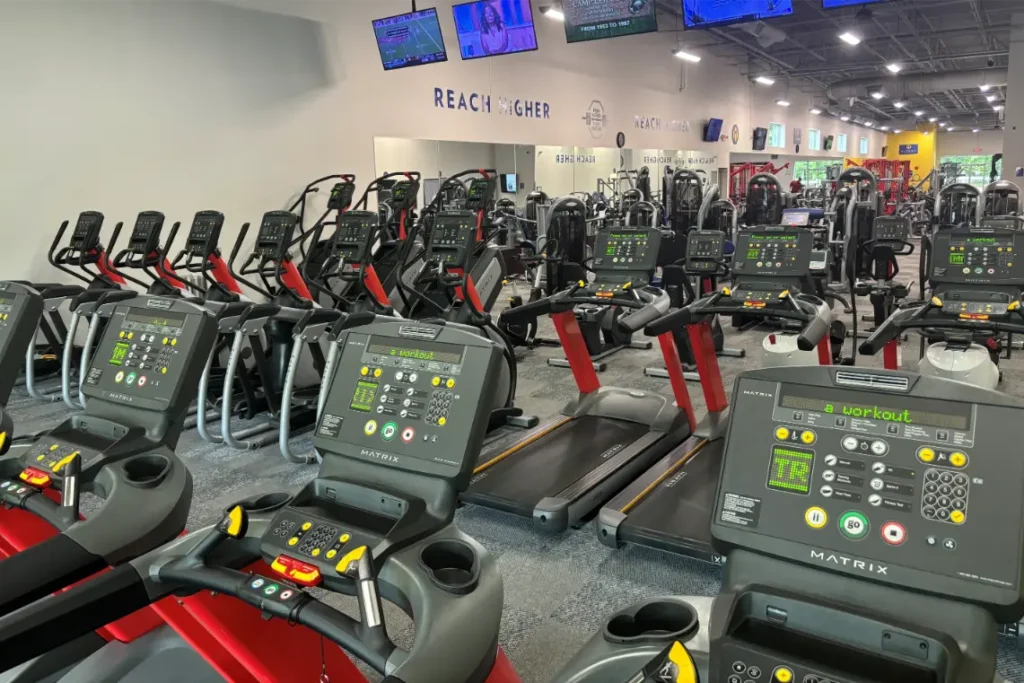Deciding whether to run before or after lifting weights depends on your fitness goals, energy levels, and personal preferences. Both sequences have their benefits and potential drawbacks, and the right choice can help optimize your workout effectiveness and enjoyment. Here’s an analysis of running before versus after weightlifting, to help you determine the best order for your exercises.
Running before lifting weights
Benefits
- Warm-up advantage: Running before lifting can serve as an excellent warm-up to increase blood flow, enhance muscle elasticity, and prepare your body for the strength training session.
- Increased heart rate: Cardiovascular exercises like running get your heart rate up and can increase your overall endurance, which might help you maintain a higher level of intensity during your weightlifting session.
Drawbacks
- Reduced energy for lifting: Running can be energetically demanding, especially if it’s intense or prolonged, which might deplete the energy reserves (glycogen stores) you need for effective strength training.
- Potential for poor form: If you’re too tired from running, your ability to maintain proper form during weightlifting could suffer, increasing the risk of injury.
Running after lifting weights
Benefits
- Focus on strength: Lifting weights first while you’re fresher allows you to focus on lifting heavier or performing more sets with better form, which is crucial for building strength and muscle.
- Fat burning: Since your body uses up most of its readily available energy during weightlifting, running afterward can help you burn fat more efficiently as the body may turn to fat stores for energy.
Drawbacks
- Less energy for cardio: Just as running first can tire you out for lifting, heavy lifting first can leave you with less energy for a cardio session, potentially making your run less effective or shorter in duration.
- Potential overtraining: Doing intense sessions of both running and lifting in one session can be taxing on your body, especially if you’re not allowing adequate recovery between sessions.
Want to tone muscles and lose weight at the same time? Try out HIIT workouts in Fayetteville.
Making the right choice for your goals
Consider your primary objective
- If building muscle or increasing strength is your goal: It might be beneficial to lift weights first. This way, you prioritize your energy use for lifting, ensuring that you’re able to perform at maximum strength.
- If improving cardiovascular fitness or losing weight is your goal: Running first might be better. You’ll likely be able to maintain a higher intensity while running, maximizing your cardio benefits.
Listen to your body
Some people feel more energetic and ready to tackle weights after a run, while others may find they perform better when they hit the weights first. Trial and testing may be necessary to determine which sequence feels best for you.
Final thoughts
Whether you choose to run before or after lifting weights largely depends on your specific fitness goals and how your body feels during different types of exercise. Both sequences offer unique benefits, so consider what you aim to achieve with your workout and how your body responds to each order. Adjusting your routine based on these factors will help you maximize your workout effectiveness, enjoyment, and overall fitness results.





